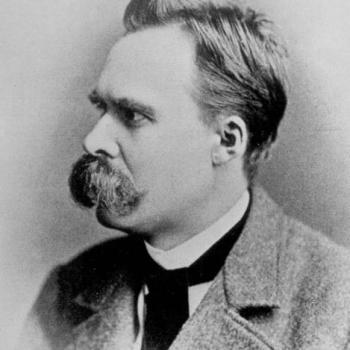“Power is decaying,” Naim writes — and he provides all sorts of examples. Companies that once ruled the world (sort of) suddenly disappear. Kodak went bust (in a flash). Two huge American auto companies came to Washington with a tin cup. BlackBerry was once supposedly so addictive it was called “crackberry.” Now it’s nearly a goner. CEOs come and go at a dizzying pace — about 80 percent of the leaders of major companies are forced out before their terms are up, gridlocking golf courses all over America. Belgium veers to the ungovernable; the United Kingdom may not be united for long, the Northern League wants out of Italy, and in this increasingly fractured world, South Sudan in 2011 became the world’s 193rd nation, up from 51 in the 1940s.
The most depressing example of the erosion of power is that inchoate body, the U.S. Congress. The authority that used to belong to the leadership has been both dispersed and eroded. The result is that once again some of the more criminally insane members of the Republican caucus are talking about shutting down the government and, in their free time, repealing Obamacare. For a variety of reasons — the way districts are gerrymandered, the way money is raised, the pernicious effect of talk radio — the leadership lacks sufficient power, not to mention political courage to put the recalcitrants in their place.
No doubt, the man who best appreciates how power has lost its power is Obama. Until recently, he was not able even to appoint certain ambassadors. Naim, a habitue of international conferences as a former Venezuelan minister of industry and trade, relates how Davos Man in his various permutations is forever lamenting an inability to just get things done. Orders are given, subordinates salute — and then nothing happens.
Why is this happening? For one, there is just more of everything — people, for sure, but also weapons and nations and billionaires and blogs and even chess grandmasters — 88 in 1972, more than 1,200 today. Mentalities have changed. Women all over the world are walking away from abusive marriages, and people are more mobile. “Barriers to power have weakened,” Naim writes. The world is awash in democracies. . . .
But maybe the most poignant loss of power is the product of what Naim calls a change in mentality. Once, parental power was absolute and the phrase “because I say so” had maximum authority. Now it’s an anachronism, a laugh line — and the joke is on parents everywhere.
via Richard Cohen: Powerless? You’re not alone. – The Washington Post.
That last part confuses authority with power. No one has authority anymore either. (That is to say, authority is objectively there, but it doesn’t receive much respect.) I do think some people still have power. Bill Gates seems to get everything he wants in the educational establishment, among other places. But the exercise of political power–including that exercised by voters–seems to be more difficult these days. Certainly gays have a new cultural power that sweeps everything before them. And the government still has enormous power–to tax, to kill, to imprison, to take property, to disrupt our health care–even though it isn’t commanding much respect. Still, Naim probably makes some valid points about the “decaying of power.”
But is that a bad thing? Or a good thing? If it’s harder to exercise power to control people, I’m not sure we are witnessing an increase in liberty. Could something else be at work?















